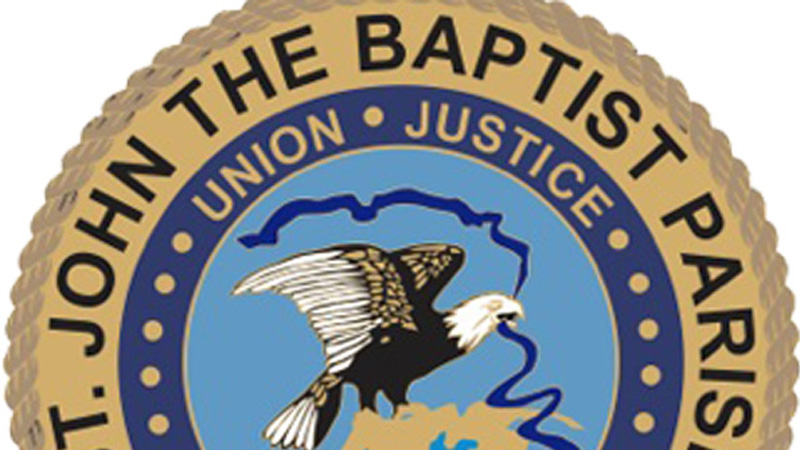Water Bills: “We are about to see the worst”
Published 12:15 am Saturday, April 14, 2018

- St. John the Baptist Parish
LAPLACE — Residents in St. John the Baptist Parish might soon be getting flooded under a tsunami of spiking water bills as the utilities department continues to balance estimated bills that have been sent out for the past several months with more recent accurate meter readings.
Councilwoman Jaclyn Hotard said she has received calls from constituents with bills ranging from $600 to $700. Hotard’s comments came near the end of a four-plus-hour marathon meeting this week that was highlighted by palatable tension, mistrust and frustration of Council members against the administration.
“I don’t trust anything that’s being said tonight,” Hotard said of the administration’s attempts to explain a water-billing problem that has been plaguing the parish for at least the past 18 months.
Trending
“We are about to see the worst of (the billing problems),” she said, before adding that as more meters are read manually and bills reconciled from, in some cases, up to a year of estimated bills, the problems will only magnify.
Sparking the debate was Hotard’s questioning of chief administrative officer Laverne Toombs — Parish President Natalie Robottom was not in attendance — and utilities director Blake Fogleman as to why a cost analysis outlining options by which to accurately and efficiently read water meters was not prepared.
Toombs said she has been establishing specifics for the proposal and looking at various vendors, adding she will schedule a meeting with different companies before moving forward with a RFP (Request for Proposals).
She said the administration’s position is to present three options, the same three that have been rehashed during the past several meetings: Manually reading all of the meters with employees, hire an outside contractor to manually read meters or conduct electronic readings.
“We have done a lot of things to look at how we can correct this matter,” Toombs said. “We are not just sitting around.”
The problem has been festering since registers on the current meters began to expire at the end of their projected 10-year life cycle approximately 18 months ago. The quandary has escalated into a political boondoggle, reaching from Robottom’s office to every Council member.
Trending
At one point, because of a lack of accurate information, the parish decided to estimate bills based on consumers’ previously averaged monthly consumption of water, but that created a much larger conundrum.
Fogleman, who has been involved with the process for less than six months, has had his staff dramatically increasing the number of meters read.
During the past several months, according to Fogleman, 11,000 of the more than 17,000 meters in the parish have been read manually.
But when pressed by Hotard and councilman Larry Snyder, neither Fogleman nor Toombs would commit as to what method of meter reading would be most cost effective moving forward.
Hotard said the “old news” being presented at each Council meeting is “getting tiresome.”
“There is no concrete information from the administration regarding what direction to go,” a visibly frustrated Hotard said, angrily pleading with Administration officials to present figures. “Let’s look at the numbers, vote on it and make a good decision.”
“We could not figure out how to send accurate water bills,” Hotard added. “Now, people are getting exorbitant water bills. It’s an injustice what we are doing to the people in this parish.”
Councilman Michael Wright, who rarely allows his emotions to surface, was also upset with Fogleman for not presenting potential short-term solutions, as the councilman had specifically requested at the March 27 meeting.
Toombs said a short-term solution with the hiring of additional readers could cost up to $12,000 a month, which was not feasible.
“I will find the money,” Wright replied, saying he has “exhausted himself” and the Council has exhausted itself trying to address a problem that seems to have no imminent reconciliation.
“Don’t come to the Council and say we don’t have the money.”
— By Richard Meek


